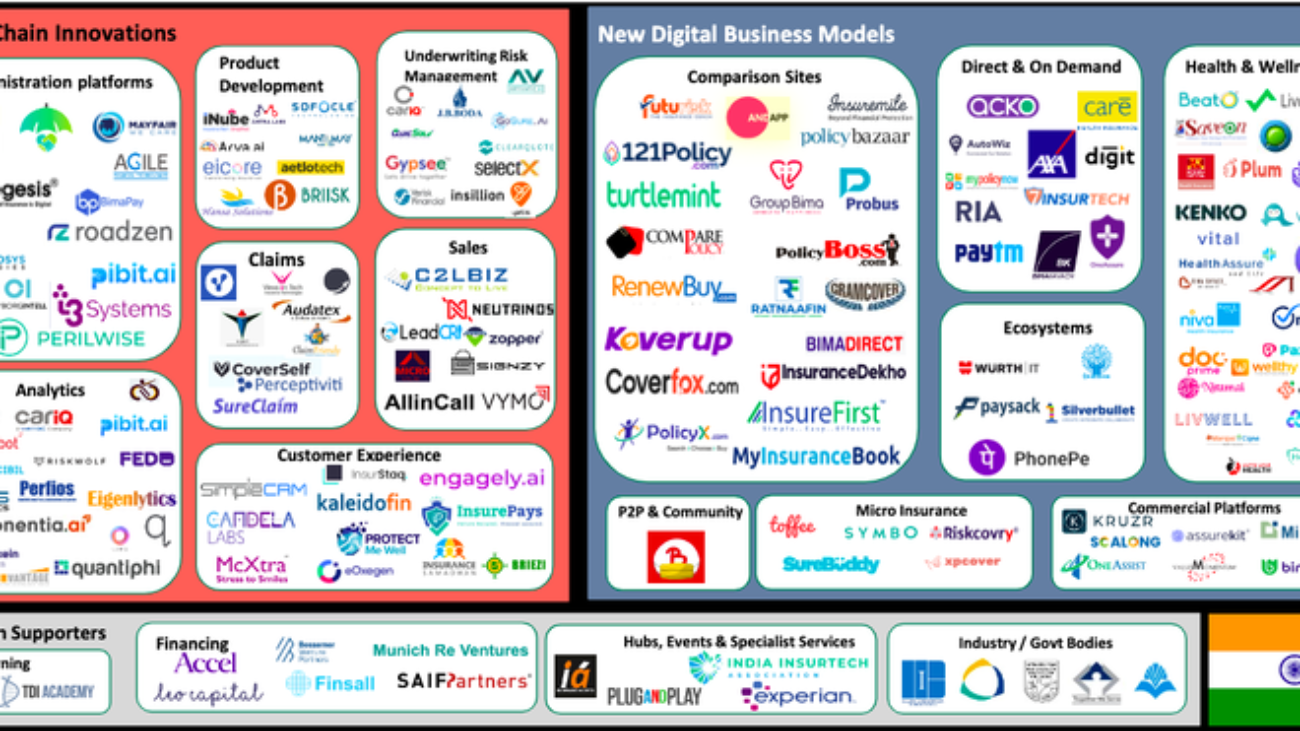SEBI, India’s regulatory authority for capital markets, unveiled a pioneering regulatory framework for Execution-Only Platforms (EOPs) in September 2023. EOPs, digital platforms enabling direct mutual fund transactions without advisory services, respond to the increasing demand for commission-free direct plans. This move prioritizes investor protection, fostering industry growth in India’s mutual fund landscape.
Growing popularity of direct mutual fund plans and the emergence of EOPs
Direct plans are shaking up the industry by offering lower expense ratios compared to regular plans. This translates to significant cost savings for investors, attracting them to take control of their financial journey. As awareness grows and investors crave transparency, the demand for direct plans is soaring. Recent data showcases a 30% increase in assets under management for direct plans in just a year.
A growing number of investors are now using digital platforms to get direct plans, giving rise to several Execution-Only Platforms (EOPs). However, there’s a concern because some SEBI-registered investment advisers and stockbrokers are offering services on their digital platforms to investors not covered by existing rules. To fix this, SEBI introduced a clear framework that outlines what EOPs need to do. This helps them run their businesses smoothly, eases investor worries, and sets up a way to handle complaints.
EOP License Framework
Under this new framework, Execution-Only Platforms (EOPs) must secure a license from either SEBI or the AMFI. Currently, EOPs function with licenses like stockbroker or investment advisor (IA). The new framework classifies EOPs into two categories:
Category 1 EOPs (registered with AMFI):
Acting as intermediaries for asset management companies (AMCs), these Execution-Only Platforms (EOPs) seamlessly connect their systems with AMCs and Registrar, Transfer Agents (RTAs) authorized by AMCs. They facilitate the consolidation of transactions in direct plans of mutual fund schemes and offer services to both investors and intermediaries.
Category 2 EOPs (registered as stockbrokers with SEBI)
Category 2 EOPs function as representatives of investors, exclusively offering services through platforms provided by stock exchanges. They are restricted from consolidating transactions in direct plans of mutual fund schemes and can only directly provide services to investors.
Onboarding Requirements
- ● Category 1 EOPs must obtain a registration certificate from the Association of Mutual Funds in India (AMFI).
- ● Catergory 2 Eops must obtain a registration certificate from SEBI as a stockbroker.
- ● Ensure compliance with Know Your Client (KYC) requirements during investor onboarding.
- ● Conduct KYC verification for investors, collecting necessary documents to verify their identity and address.
- ● Enter into agreements with stock exchanges to facilitate direct mutual fund transactions.
Transaction and Onboarding Fees
Category 1 EOPs are allowed to impose a flat transaction fee, covered by AMCs within the upper limit defined by AMFI. Any onboarding fees, if applied, will also be covered by AMCs. On the other hand, Category 2 EOPs can impose a flat transaction fee, to be borne by investors within the upper limit set by the stock exchanges. Any onboarding fees, if applicable, will be covered by AMCs and/or investors.
Risk Management and Compliance
- ● EOPs in both categories are required to establish robust risk management frameworks, ensuring platform security, preventing unauthorized access, and upholding data integrity and privacy. To prevent conflicts of interest, EOPs engaged in multiple activities within the same entity must maintain a separate and impartial relationship.
- ● EOPs in both categories are required to establish robust risk management frameworks, ensuring platform security, preventing unauthorized access, and upholding data integrity and privacy.
- ● Processes to identify, assess, and mitigate operational risks.
- ● Manage potential conflicts of interest, such as when offering EOP services for mutual funds with which they have other relationships.
- ● Implement robust KYC/AML (Know Your Customer/Anti-Money Laundering) procedures to prevent financial crimes and comply with SEBI regulations.
Advertising and Disclosure Requirements
- ● EOPs cannot showcase advertisements for mutual fund schemes on their platforms.
- ● They must furnish factual information on mutual funds, including past performance, presented in a user-friendly manner while adhering to minimum disclosure requirements.
- ● Interactive tools should be accessible for investors to screen and filter schemes based on chosen criteria.
- ● No display of recommendations or rankings for any scheme is allowed on the platforms.
Exceptions Granted to Platforms Affiliated with Investment Advisors and Stockbrokers
Platforms linked with investment advisors and stockbrokers are exempted from acquiring EOP registration if their services are solely accessible to their current advisory or broking clients. This exemption has sparked concerns regarding potential confusion surrounding widely-used direct investment platforms that provide both stockbroking and direct mutual fund investment services to their clients.
Impact of the New Framework
SEBI’s regulatory framework for Execution-Only Platforms is expected to bring several positive changes in the Indian mutual fund industry and for investors:
Clarity and Assurance: Investors and EOPs now benefit from a well-defined regulatory framework outlining the scope of EOP services and responsibilities.
Enhanced Competition: The framework is poised to stimulate competition in the mutual fund distribution market, potentially resulting in reduced costs for investors.
Improved Investor Protection: EOPs are now obligated to adhere to specific risk management and customer protection norms, elevating the level of safety for investors.
Regulated Access Channels: The framework ensures that investors have transparent and regulated channels available for investing in direct plans of mutual fund schemes.
SEBI’s rules for Execution-Only Platforms in India are big step in keeping up with changes in financial services. The goal is to make things safer and more competitive for investors and the growing EOP industry. These rules will likely have a big impact on the mutual fund market in India, making it grow more, be clearer, and giving investors more confidence in the industry.
Start Your Direct Mutual Fund & Alternative Investment Selling Platform
Discover how to start Direct Mutual Fund and Alternative Financial Instrument selling Platform under SEBI’s EOP Framework – Get our expert guidance to start your Wealth-tech startup.
Recent Posts
Related Posts
All You Need to Know About Insurance Intermediaries
Insurance sector is a complex world, within which lies various insurance products and regulations making it a confusing choice for consumers to decide in. Without proper guidance and expertise, it can become almost difficult for consumers to make an informed choice about insurance coverage which can lead to costly mistakes. But don’t worry. There’s a solution and that is intermediaries in the insurance sector.
SEBI Intermediaries: A comprehensive guide for investors
Are you looking to invest in the financial market or want to become an intermediary? But feeling that it is an overwhelming and a complex task? GenZCFO is here to rescue you. We are a team of trusted guides ensuring every step you take is in the right direction.








